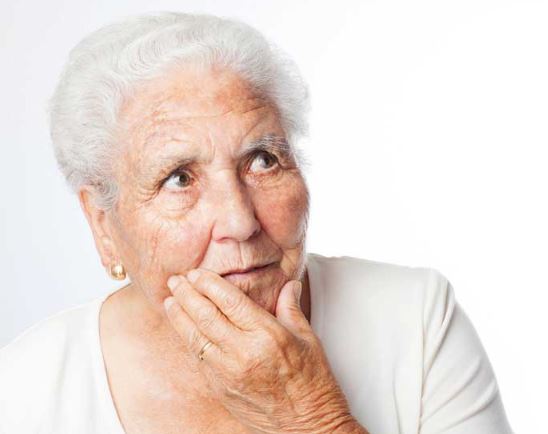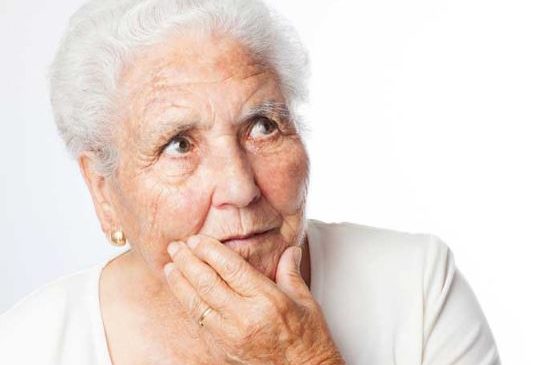Aside from medication, these 4 basic exercises can help reduce facial paralysis in stroke survivors.
Stroke can often cause facial paralysis or loss of control in the facial muscles. As a result, part of the face may get stiff or slack. As a stroke survivor, you may also find it difficult to control your facial muscles or make facial expressions. This may also make speaking, eating, and communicating more challenging.

However, there are things that you can do to help reduce facial paralysis. These basic exercises may help reduce the stiffness and even restore some movement in your muscles.
1. Laughing. Laughter can cure a multitude of diseases. In this case, it may also help improve the blood circulation in the face. The movement laughter brings can bring many benefits, so make it a point to laugh often every day.
2. Mouth stretches. You stretch your body. The same idea lies behind stretching your mouth as you exercise your facial muscles. This is a fundamental exercise for stroke survivors. Just open and close your mouth repeatedly. Just remember, however, to perform this slowly and gently at the beginning and progress as you feel more flexible.
3. Eyebrow stretches. This can also help improve blood circulation on the forehead and around the eyes. Move your eyebrows up and down at repeatedly, at regular intervals. You can do this, along with the mouth stretches, twice a day for 15 to 20 minutes. Then, as you become more flexible, you can increase the number of repetitions.
4. Lip movements. This stretches the muscles on your lips and around your mouth, even your chin. To do this, move your lips from left to right at regular intervals. You may also go around clockwise and counterclockwise. You may also do a pout and hold this position at a time before releasing, and then doing it again.
Please remember that you should be supervised by a caregiver while you do this, especially when you have severe facial paralysis.

Recent Comments